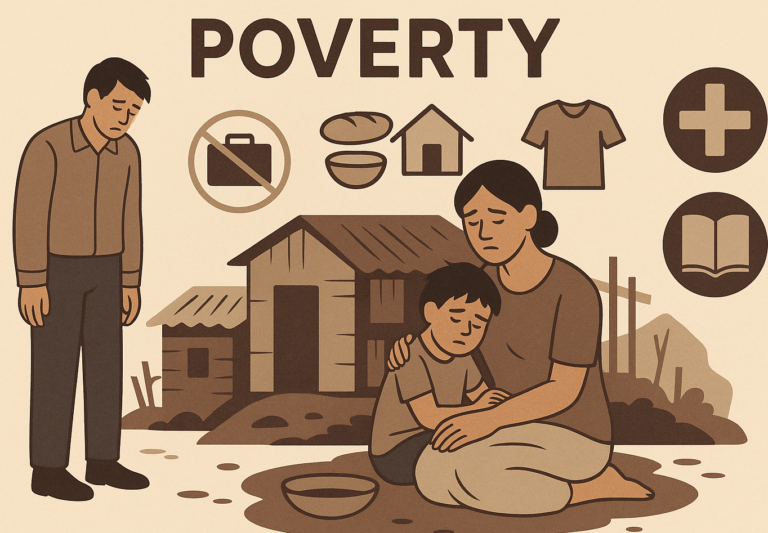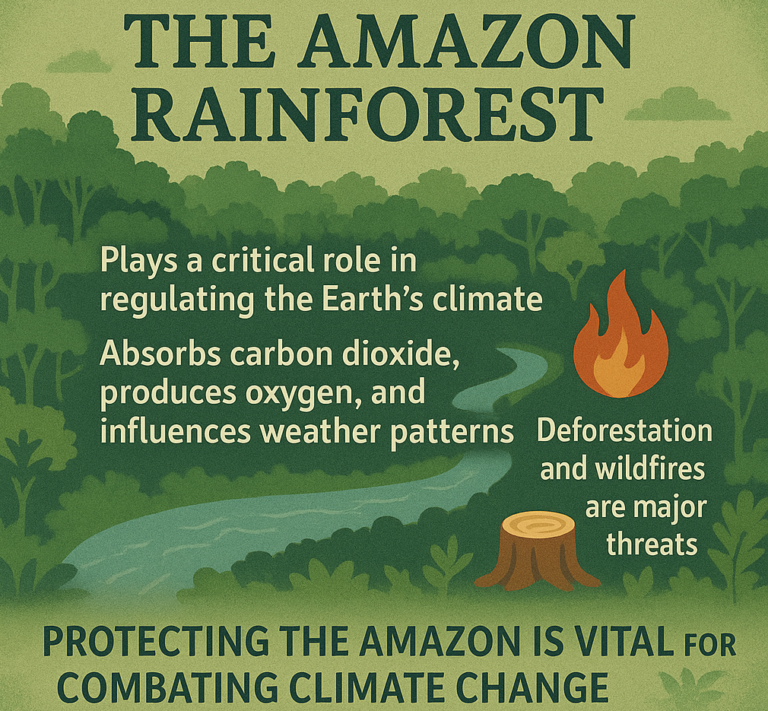The Development of Democracy and Its Impact on the World
Democracy is a system of government where the people have the power to make decisions, usually through voting. Over time, the idea of democracy has developed and spread across the world, shaping societies in many ways.

1. What is Democracy?
At its core, democracy means that the people get to choose their leaders and have a say in the laws that govern them. There are two key ideas in a democracy:
- Popular sovereignty: The people have the ultimate power.
- Political equality: Everyone’s vote counts the same.
2. The Origins of Democracy
The first seeds of democracy were planted in ancient Greece, especially in the city-state of Athens (around 5th century BCE). This is called “direct democracy,” where citizens (free men who were born in Athens) could vote on laws and government decisions. However, this was only for a small group of people and didn’t include women, slaves, or foreigners.
- Ancient Greece: Athens practiced direct democracy, where citizens voted on laws directly.
- Ancient Rome: Roman Republic had a system of elected officials, though not a full democracy by today’s standards. People elected leaders, but they were still governed by elites.
3. Evolution of Democratic Ideas
- Middle Ages: During the Middle Ages, monarchs ruled much of Europe. However, Magna Carta (1215) in England was an important event, where King John was forced to agree that even kings must obey the law. This idea of limiting government power gradually developed over time.
- Renaissance and Enlightenment: In the 17th and 18th centuries, philosophers like John Locke, Jean-Jacques Rousseau, and Montesquieu promoted the idea of natural rights (life, liberty, property) and the separation of powers. These ideas laid the groundwork for modern democratic governments.
4. The Rise of Modern Democracies
In the late 18th and 19th centuries, revolutions in America and France spread democratic ideas across the world.
- American Revolution (1776): The U.S. declared independence from Britain, creating a new nation based on democratic principles. The U.S. Constitution (1787) established a system where leaders were elected and power was divided among three branches of government to prevent any one group from becoming too powerful.
- French Revolution (1789): Inspired by the American Revolution, the French people overthrew the monarchy and established a republic. The revolution led to the idea of “liberty, equality, and fraternity,” influencing other countries to seek democracy.
5. Expansion of Democracy (19th Century to Present)
- Universal Suffrage: Over time, more and more people were given the right to vote. Initially, voting was limited to rich, property-owning men. But as democratic ideas spread, countries gradually allowed more people—regardless of class, race, or gender—to vote.
- Women’s Suffrage: In the early 1900s, women fought for and gained the right to vote in many countries.
- Civil Rights Movements: In countries like the U.S., civil rights movements in the 1960s fought for racial equality, ensuring that all people, regardless of race, could participate in democracy.
- Global Spread: Many countries around the world, especially after World War II, adopted democratic forms of government. International organizations like the United Nations promoted democracy and human rights, encouraging countries to hold free and fair elections.
6. Impact of Democracy on the World
Democracy has had a huge influence on the world in several ways:
- Political Freedom: Democracies allow people to have a say in their government and the laws they live under. This freedom often leads to more stable societies and better protection of individual rights.
- Economic Growth: Democracies tend to have better economies. With the rule of law, protection of property rights, and open markets, countries with democratic governments often enjoy higher levels of economic development.
- Human Rights: Democratic countries are more likely to protect human rights, including freedom of speech, religion, and the press. Citizens have the right to protest or criticize the government without fear of punishment.
- Peaceful Societies: Democratic countries are generally less likely to go to war with each other. This is known as the Democratic Peace Theory—democracies tend to resolve disputes peacefully, through diplomacy or negotiations, rather than through military conflict.
- Inspiration for Others: Successful democracies have inspired other countries to adopt democratic systems. Many nations in Latin America, Africa, and Asia transitioned to democracy during the 20th century.
7. Challenges to Democracy
While democracy has had a positive impact, it also faces challenges:
- Corruption: Even in democracies, leaders may abuse their power or act in their own interests rather than those of the people.
- Polarization: In some countries, political divisions have deepened, making it difficult for people to agree on important issues.
- Erosion of Democratic Norms: In some parts of the world, democratic values are being challenged. Some leaders have used elections to consolidate power, while undermining the rule of law or restricting free speech.
8. The Future of Democracy
As the world continues to evolve, democracy will likely keep evolving too. The rise of digital technology, social media, and global interconnectedness is changing the way democracy works. However, the core ideas of democracy—people’s participation in decision-making and equal rights—remain central to the ongoing development of societies worldwide.
In Summary:
Democracy is a system where the people have a voice in their government. It started in ancient Greece, developed through revolutions in America and France, and spread globally over the last few centuries. Democracies have contributed to greater political freedom, economic growth, and human rights, but they also face challenges like corruption and political divisions. As the world changes, the way democracy functions will continue to evolve, but the basic principles of equality and participation remain fundamental.











